Author Photo - Cheese or Cheesy?
Author Photographs
By now you know how crazy I am about helping Indie Authors produce books that are at least as professional looking as traditionally published neighbors. What that means is making sure every Indie book doesn’t look homemade or amateurish by comparison. I’ve written about getting professional book covers and professionally formatted interiors as well as investing in a knowledgeable editor.
Yet one item continues to drag down Indie books and I’m here to help you ensure your book does not fall into that trap — the Cheesy Author Photograph.
When someone picks up your book, they examine your cover, read your blurb and then check out your author photo when they read who you are. Assuming your cover design is first rate and your book blurb is sharp and concise, what remains for that first impression is the author picture. And there you are in a grainy, cell phone close up, acting goofy. Your book is a mysterious bit of fantasy and you look like a comic. Epic fail.
You’ve destroyed your image and probably your brand unless you write comedy. So let me give you some tips to be sure your author photo is as professional as the rest of your book.
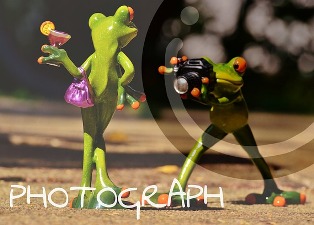
First, be sure you go professional. Ditch the idea that a quick snapshot taken as a selfie or by your best friend’s roommate will do the trick. You invested good money in a cover, an interior, an editor and so you must now do the same for a photographer. A good author photo will last you for a few years and is the professional image that does a couple things:
-
It says you are a professional. You are a business and not a hobby. You want to be taken seriously for your hard work and you have an image/brand that is important.
- A professional photo highlights your good side, showcases your personality and you let your readers see that part of you which they will look for in the books to come.
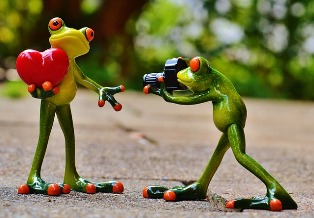
Next, your author photo highlights your genre, albeit subtly. If your genre is romance, then perhaps you want a photo that is soft and wistful. You could take it outdoors and dress in pastels or even fancy dress if you write historical fiction. If you write mystery, you can sit and stare away as if you see something we cannot. Be serious but not too serious. If you write crime drama, maybe your photo will be black and white and you lean against a lamp post or are catching a taxi. You probably aren’t smiling in this one. Fantasy, be fanciful and maybe in the woods or on the lake, or at a tea party. Whatever you choose, make it fit your genre.
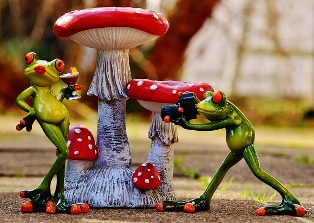
Make it fit your age. If you are older, don’t try to look like you’re 18 again. A good black and white photo can highlight (and disguise) a great deal. Ask your photographer what he/she recommends. Whatever you do, make sure you are act and look natural. Readers want to see people in their authors and not more characters.
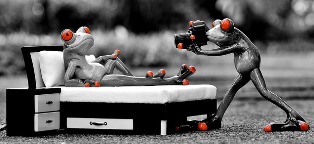
Stay away from gimmick shots. I know you love the sex aspect – -and yes, sex sells books. But not for your author photo! Unless, of course, you write erotica and porn, then maybe you want your author photo to show you in your nightgown. Or not. Let’s go with not. Anyway, don’t get your picture in the bed or in the bath or hanging upside down in the garage. If you write sports or fitness, by all means go to the gym or get a shot in your sport. But don’t do it just for shock and awe or “because you want to be different.” That kind of different doesn’t look professional and silly is a hard brand to lose once it is applied.
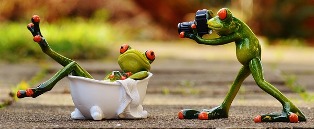
So get a photographer that is experienced in author head shots. HEAD SHOTS. Yes, sure you can have your picture taken in the cemetery on a tombstone if you write urban fantasy about vampires or beasts. Heck it worked for Rob Thurman. But you aren’t her. Sure you can take your photos with your dogs and horses. It worked for Carolyn Haines. She’s best-selling. But again, you aren’t her and maybe you should worry about something more established until you have her success.
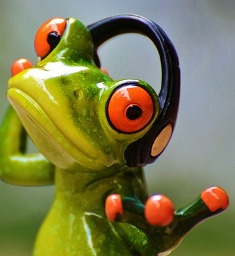
Your photographer can tell you what he/she recommends for you. Because of your age or your coloring. I will warn you against dressing in black and white. Unless you plan to shoot in black and white and then check with your photographer. I was told that gray works better.
Here’s a good shot and it’s me!
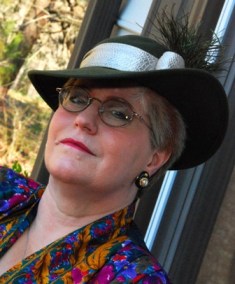 Spend money for a good photograph. And no, it won’t cost you like your cover, formatting, and editor will. I got a great deal for less than $100. And I got 10 various shots in color and black and white. Standard prices run from the low end like mine to around $200. Check references and go look at photos taken in the past. Find a photographer who “gets” you.
Spend money for a good photograph. And no, it won’t cost you like your cover, formatting, and editor will. I got a great deal for less than $100. And I got 10 various shots in color and black and white. Standard prices run from the low end like mine to around $200. Check references and go look at photos taken in the past. Find a photographer who “gets” you.
And here’s a fun BAD shot, a selfie of me screwing around
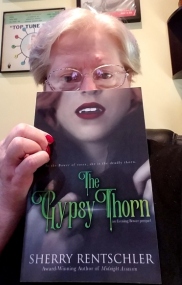
Don’t be afraid to show some personality but remember, saying “cheese” doesn’t mean you have to be cheesy about it. Skip the urge to selfie. Remember, one day this picture could be the shot heard – or seen – around the world. Imagine — the magazine shows a photograph of you, the serious, best-selling, professional author. Think on that and smile for the camera.
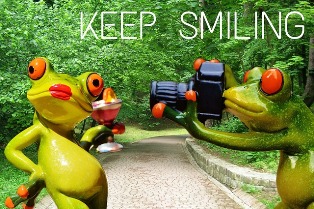
***
My new book is scheduled for release on Oct 31. Get ready! Read The Gypsy Thorn while you wait and please leave me a review. I thank you!
Thanks for stopping by,
I remain, Yours Between the Lines,
Sherry















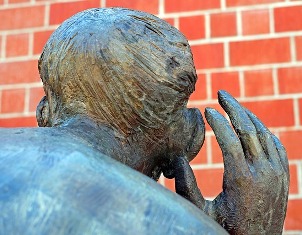
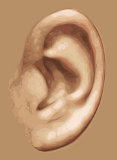
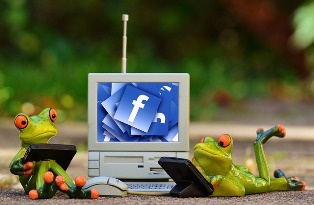
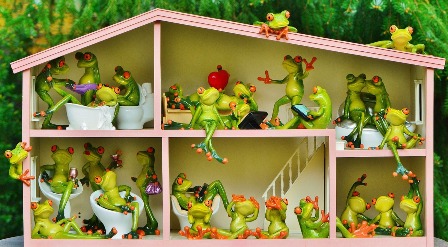
 This will be a once-in-a-lifetime event for nearly everyone.
This will be a once-in-a-lifetime event for nearly everyone.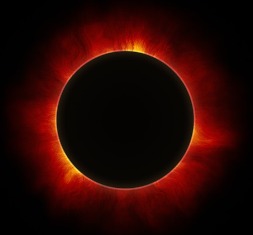
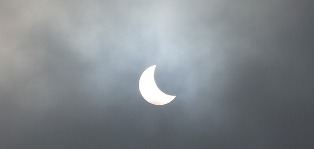

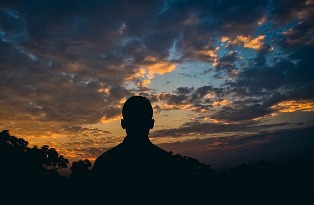
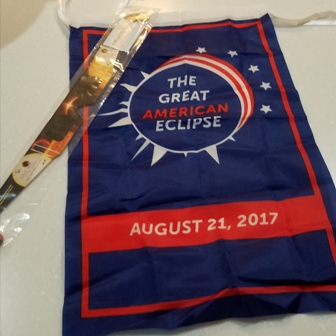 One last personal thought — think, for a few precious minutes, we will all be able to look up and see the same thing. We will be one under the heaven. I think that’s worth letting everything else be eclipsed for two minutes. See you under the sun.
One last personal thought — think, for a few precious minutes, we will all be able to look up and see the same thing. We will be one under the heaven. I think that’s worth letting everything else be eclipsed for two minutes. See you under the sun.